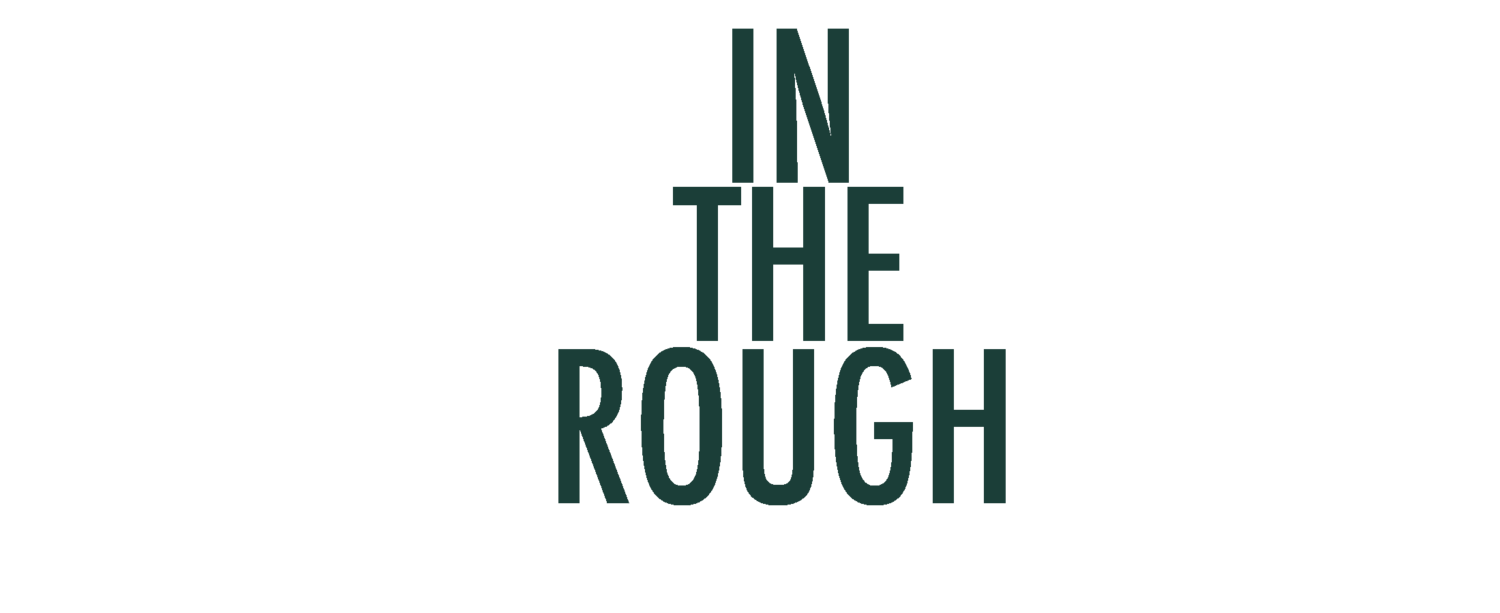'The Uptown Interview' is a series of candid conversations with some of D.C.'s cultural influencers in an attempt to interpret and preserve the artistic heritage of the city. In homage to the late Hugh Hefner and 'The Playboy Interview,' InTheRough sat down with two of the most dynamic forces in the District's creative ecosystem: producer/singer Davon Bryant aka Dreamcast and journalist/D.C. cultural archivist Marcus Dowling. Read on for a couple excerpts from the conversations, and head to the Uptown Art House website for the full interviews.
Davon Bryant photograph by Maxwell Young
Dreamcast on making "sit down" music...
MY: So, a full album, When can we expect that?
DB: I’m thinking within the next 3 to 4 months, man. I need to have it out. I really wanna maximize me being on the radio now to push it. I’m just having fun with it dude, like, it’s really not a job right now.
MY: Is that the main thing you do?
DB: I was just working at a dental office for maybe 6 months to a year, and I ended that before I went to Europe. But what I’m focusing on now is just making some new content. I just wanna make some shit that makes people sit down. There’s so much turn up music. I want to have that same realm of performances as James Blake, where people come and sit down. They stand when they really feel the music. You don’t have to be turnt up. I want you to come on some acid.
MY: That’s some jam-band shit. Some Grateful Dead shit.
DB: Yea and just enjoy yourself. There’s no pressure to look like you’re going to the club.
Marcus Dowling
Marcus Dowling on D.C. being great unto itself...
MD: Before Obama was elected, things would happen in the darkness and they would be amazing. They would be amazing unto themselves. There was no mainstream for it. The Fleur Guys were booking Armin Van Buuren and Tiesto and all of that, and they were killing it. But it wasn’t like they were killing it and the world needed to know. Like they could make hundreds of thousands of dollars a year and nobody knew. There was no need for D.C. to become this explosive and expansive scene.
MY: Why do you think that is though?
MD: Because D.C. was a federal town at this point. D.C. was a government town first and an arts town second. A government town first and a creative hub second. When we had jazz and we had go-go, these were things that were nationally renowned if only because people from other places came here and took the culture to their hometown. Rick Rubin would come down for Junk Yard shows all the time. So, if you wanna understand how go-go expanded outside of D.C., Rick Rubin would come down to punk and hardcore shows and book go-go bands as the openers. So you would get Fugazi and Junk Yard Band on a bill. So, when he started Def Jam with Russell Simmons, he’s like, “Okay, we have to make rap records that are sonically different.” And Rick was into this sound that’s brash and big and tough. So, he’s listening to Junk Yard and Trouble Funk and all these bands and he’s like, “Wait, the drums on these tracks are ridiculous. The rhythms on these tracks are ridiculous. The least I could do is get these guys up to New York and have them play, so I can sample their drums and rhythms.” And that’s what he did. That’s how Trouble Funk’s “Dropped the Bomb” got sampled and Junk Yard Band got signed to a record deal. And that was only because Rick Rubin was coming down to D.C. Had he never come down here, the music would’ve never left. D.C. has been great unto itself, like legendary great. Not just great in a way where it’s just “cool,” but legendarily great unto itself.


